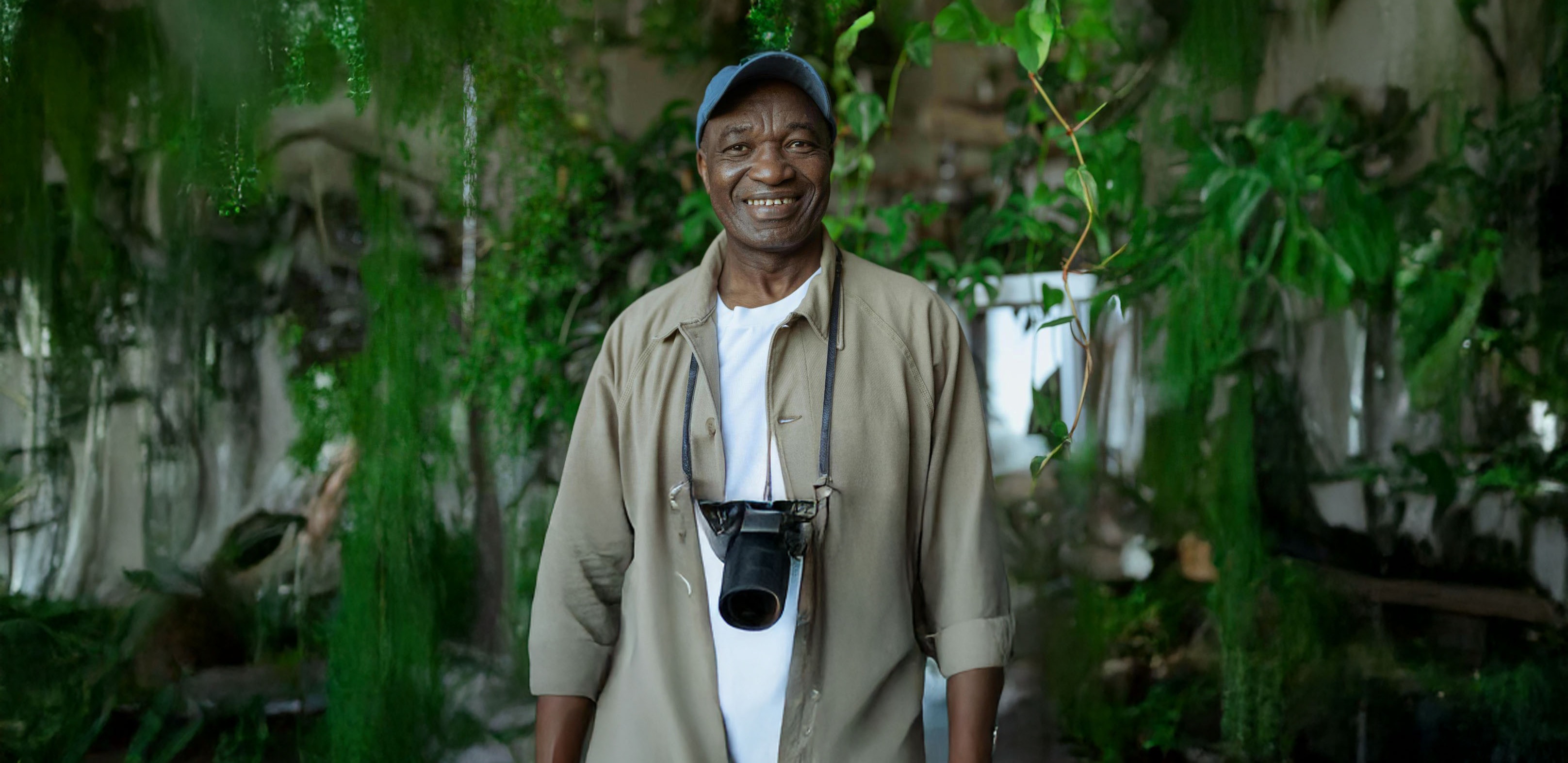Loretta in Action
Real Stories from the Frontlines of Health Equity
Marc is 47 and lives in Harrow. He’s a Black British man whose parents migrated from the Caribbean in the 1970s.
He works double shifts as a bus driver and helps care for his teenage nephew. Between the stress, irregular meals, and long hours, he often puts his own health last.

Marc goes for a blood test as recommended by his GP.
When he finally gets a blood test results, his GP tells him his HbA1c levels are high, but the medical language doesn’t mean much to him.
Marc then downloads the Loretta app.
It translates his test results into clear language and gives him a single number: his Health Score. Loretta explains that his score reflects not just his blood sugar, but his stress, sleep, and social context.
It recognizes that Marc’s work schedule and limited access to affordable, healthy food make it harder to stay on track.
Loretta quietly applies an equity weighting.
The app notes that men of African and Caribbean heritage in North West London have higher risks of hypertension and diabetes, yet lower access to early preventive care.
Marc’s app connects to his GP practice. The Value-based Care Advisor flags him in the dashboard
This is not because he’s failed to manage his health, but because the system now understands why it’s been hard for him to do so. The alert suggests a medication review and a referral to a nearby culturally sensitive nutrition programme.
At his next appointment, Marc’s doctor already sees the full picture: his test results, stress levels, shift patterns, and social context. They spend the appointment setting goals that make sense for his reality, not an ideal scenario.
Marc starts to feel that his doctor, and the system itself, finally get him.
Three months later, his numbers improve. But what matters most is that he understands his body, his risks, and his rights to care.
Loretta has turned invisible barriers into visible data, helping his GP act sooner and fairer.
